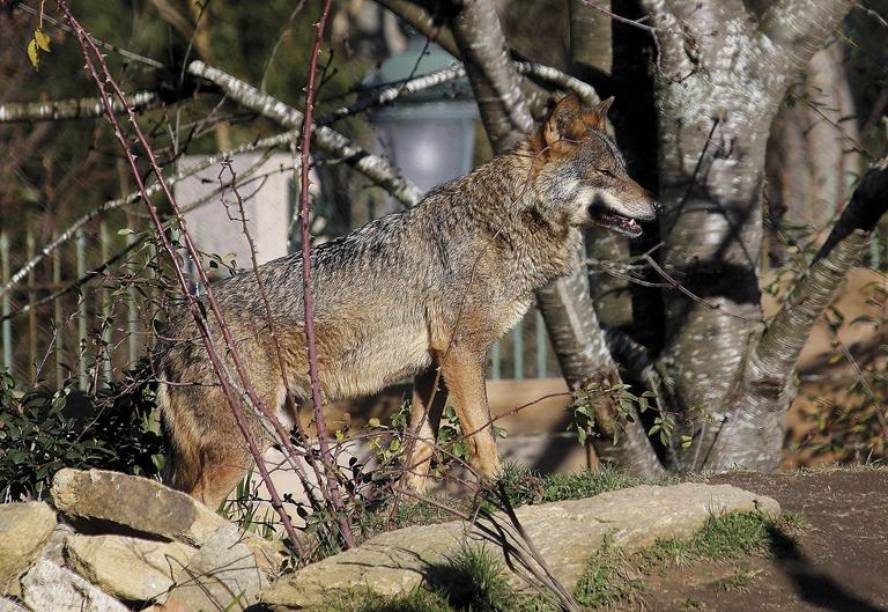Scarce genetic diversity of the populations of Iberian wolf
The Iberian wolf is not in danger of extinction, but, according to a study by experts from the Autonomous University of Barcelona and the Biological Station of Doñana, it can be endangered due to the scarce genetic diversity of groups of wolves.
It is true that the wolf population has increased in recent years. In the 60s and 70s it had a minimum, experts estimate that then 500 individuals lived and then the number has increased. At present it is estimated that there are about 2,000 Iberian wolves. However, biologists are concerned that in order to survive in the future, besides having many specimens, all species must have genetic diversity. When the populations are isolated, without the possibility of crossing each other, there is no exchange of genetic material, which causes endogamic problems.
Experts from the Autonomous University of Barcelona and the Biological Station of Doñana repopulate the Iberian wolf. They have analyzed the decline that has suffered throughout the century, and with it they have carried out genetic studies of the groups of current wolves. According to them, the situation of the wolf was worse than expected in the 60s and 70s, so today they present a very reduced genetic diversity. The group has also investigated the Russian wolves and has found that their populations have not suffered the same decline as those of here and that their genetic diversity is better. And despite this, the groups of local wolves are also quite isolated and in the long term can have genetic problems.






